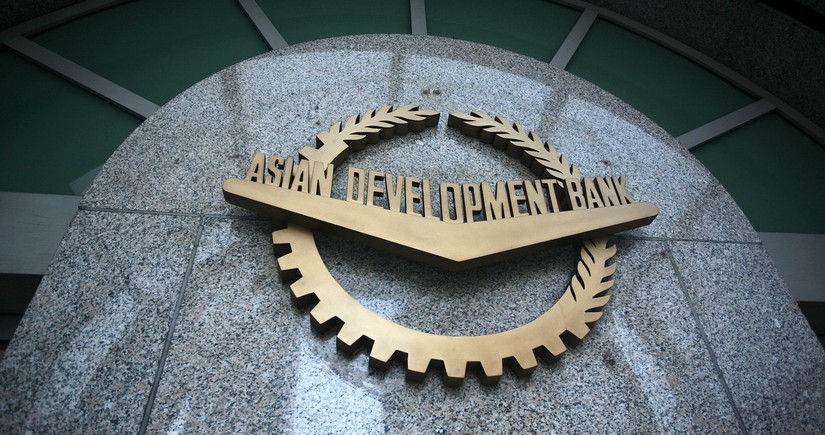ADB to help improve river basin resilience in Azerbaijan
- 22 April, 2025
- 11:49

The Asian Development Bank (ADB) plans to allocate technical assistance of $1.8 million for the implementation of the regional project “Resilient River Basin Initiative”, among the participating countries of which is Azerbaijan, Report informs referring to the ADB.
The project covers more than 20 countries, including Azerbaijan, Armenia, Georgia, Kazakhstan, Kyrgyzstan, Turkmenistan, Uzbekistan and other states of the Asia-Pacific region.
The financing will be provided through the Technical Assistance Special Fund in two stages: the first tranche will amount to $1.3 million, and the second to $500,000.
"The proposed cluster technical assistance (TA) aligns with the Asian Development Bank's (ADB) strategic priorities on climate action, regional public goods, digital transformation, and resilience. It seeks to strengthen knowledge on national water resources and water-related food security in ADB's developing member countries (DMCs) while expanding investment opportunities for river basin management projects and programs. Specifically, the TA will conduct research to analyze acute, chronic, and systemic events that pose longterm threats to river basin health; provide advisory support to DMCs and project teams to identify policy, institutional, financing, and technical investment opportunities that safeguard community safety, livelihoods, and economic wellbeing; support the preparation of new investment projects; and facilitate knowledge exchange and best practices among river basin managers," ADB noted.
"Environmental changes, extreme weather events, and adverse anthropogenic activities are undermining hard-won progress in economic development, livelihoods, well-being, and water security for millions across Asia and the Pacific. Already the world's most disaster-prone region, it accounts for over 40% of disasters triggered by natural hazards and 84% of the people affected globally. Water is the primary channel through which these impacts manifestevident in escalating floods, storm surges, and prolonged droughts. These pressures are already palpable, compromising water resources, sanitation, and hygiene systems, and are set to intensify, placing sustainable and inclusive prosperity at increasing risk."
The expected results of the project include improved water management systems, increased resilience of local communities, creation of innovative financing mechanisms and investment roadmaps, and increased awareness of modern approaches to river basin management.
